The restorative power of theatre: Gavin Yule and The Bus Stop
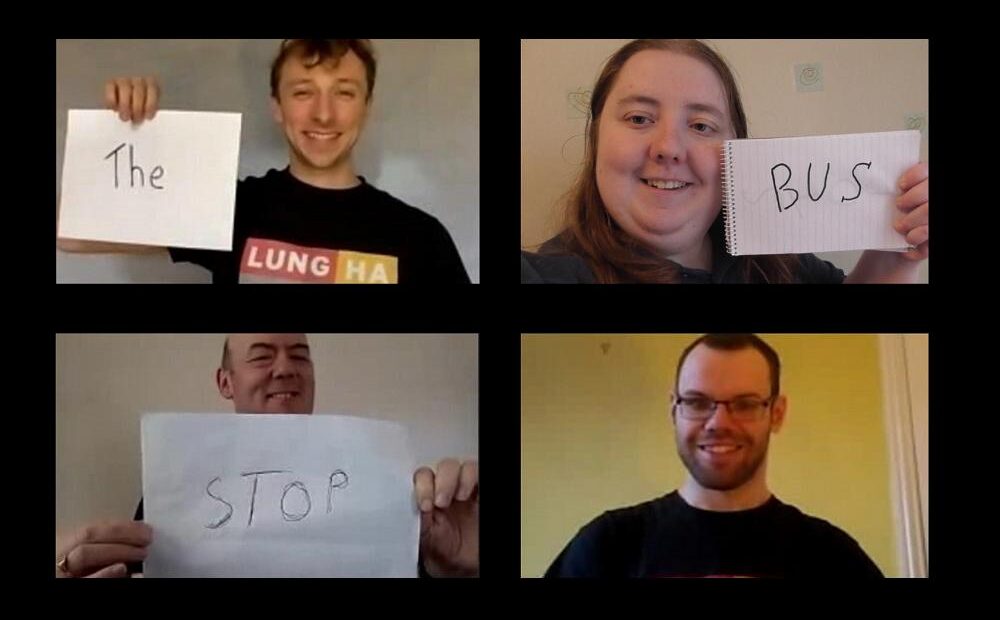
Theatre has always been more than just entertainment. Back in Ancient Greece, the origins of the art form were used to evoke change and muse on morality, with audiences travelling from far and wide to partake in the oral tradition. Two and half thousand years later, this is still very much the case – audiences not only frequent theatres to be entertained, but also to learn, to escape, to reflect: to restore themselves.
Indeed, it’s not only audiences who are restored by the theatre, but also theatre-makers. Just look at this year’s cohort of Tony nominees for Best Play: four out of the five nominees are explorations of Self, writers looking inwards to assess who they are and the world they live in. Big or small, locked down or not, theatre is a form of restoration, and no one understands this better than Gavin Yule.
Earlier this year, Yule was the victim of a disability hate crime. Without going into unnecessary detail, while waiting at a bus stop, he was verbally assaulted by passers-by. The incident hit him hard. “I don’t think verbal hate crimes specifically are talked about enough and I feel it’s because people think that verbal hate crimes aren’t as bad because they don’t leave physical marks,” reflects Yule. He is proof of the contrary. “I was in a really negative head space at the time and wasn’t sure how to move on,” he confesses. The answer, he would discover, was theatre.
“One day, a friend of mine suggested I try writing my thoughts down to recover from the incident.” Won over by the idea, Yule decided to give it a go, though in a more theatrical way than his friend perhaps expected. A drama school graduate and performer for many years, Yule wrote a play. Jokes Yule, “The only way I know how to write is in script format!”
Despite never having written a full play before, Yule discovered that the process worked wonders. “The Bus Stop was really the beginning of a healing process for me. I am still angry that the situation was allowed to happen in the 21st century, but I can deal with it better now, thanks to writing the play.” Realising also that the message and contents of the play could help others the way it helped him, Yule resolved to share it – to bring The Bus Stop to audiences.
With help with Lung Ha Theatre Company and Traverse Theatre, he did just that. “I really owe this entire experience to everyone involved – I mean if it wasn’t for Lung Ha and Maria [Oller – Lung Ha’s Artistic Director], I wouldn’t have a play or the incredible opportunity to do this,” muses Yule. With help from these two companies, as well as professional writers like Andrew Edwards, the team crafted The Bus Stop into something powerful.
“Jack” (Yule’s stand-in character) opens the show with a question to the viewer: “Can you help me?”. Performed over Zoom, the play retroactively explores the incident, and questions how much we can help each other overcome societal issues. Aided by three other performers, Yule retells his story, working through his emotions and encouraging the audience to do the same – to be restored, just like him.
So, what’s next for The Bus Stop? Yule has set his sights high: “I am part of the Young Artists Digital Project, run by Birds of Paradise Theatre Company, and through this I hope to develop a screenplay version of The Bus Stop.” If theatre can have such a great impact, who’s to say the world of film won’t as well?
Samuel Nicholls
Photo: Traverse Theatre
For further information about The Bus Stop or to book tickets visit here.


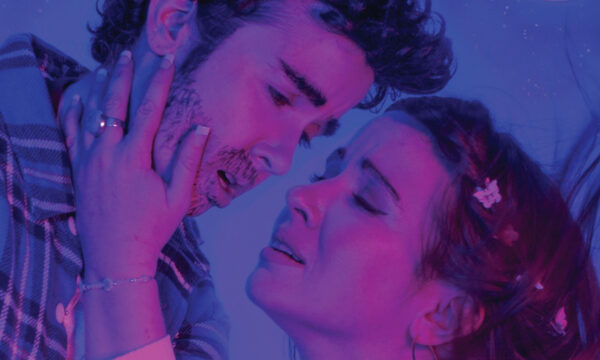


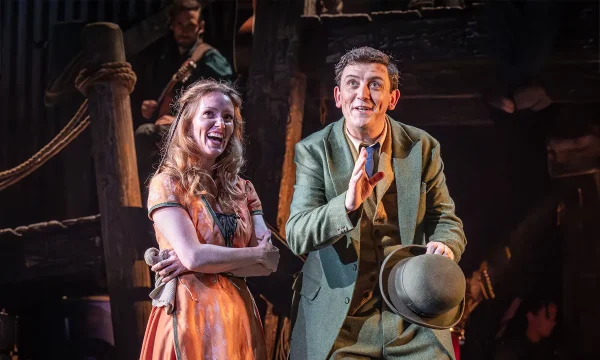
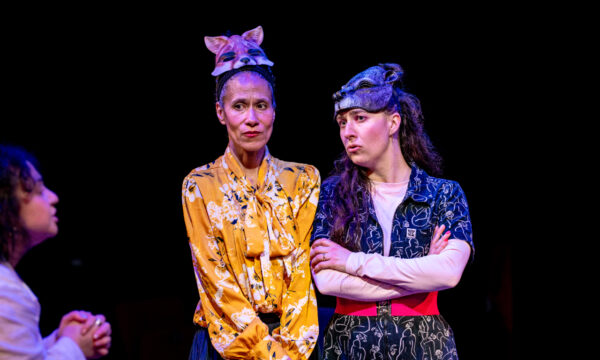
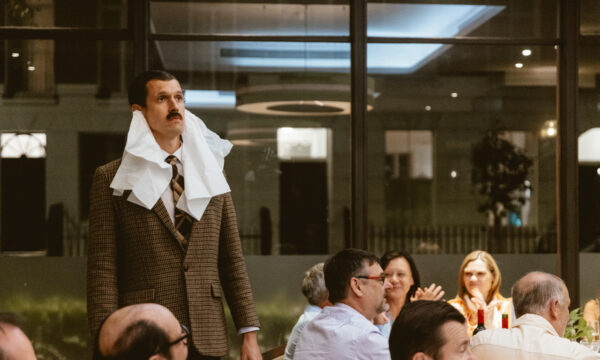
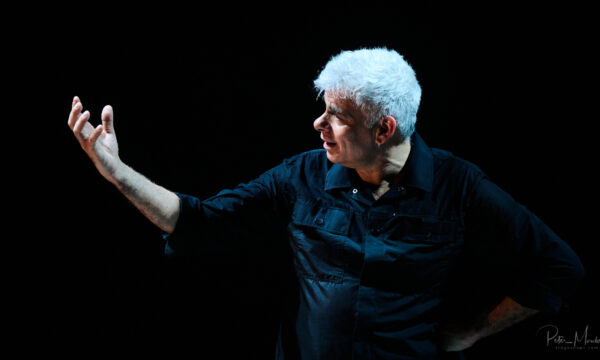
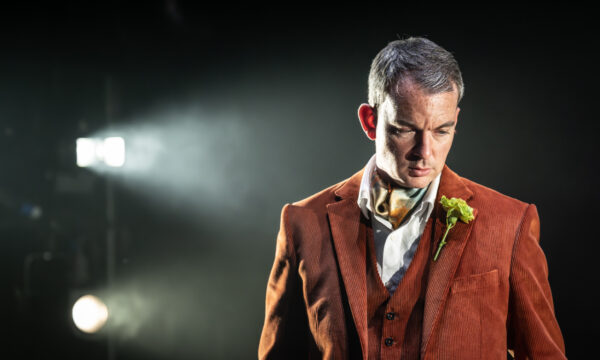
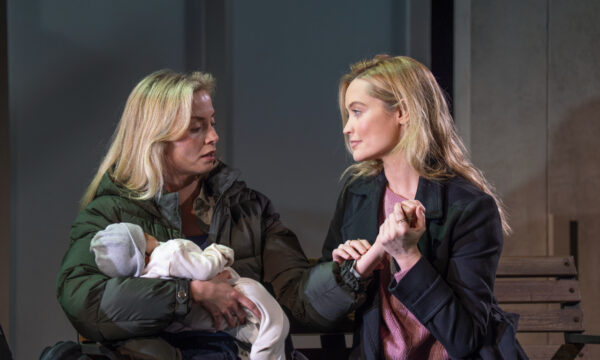















Facebook
Twitter
Instagram
YouTube
RSS